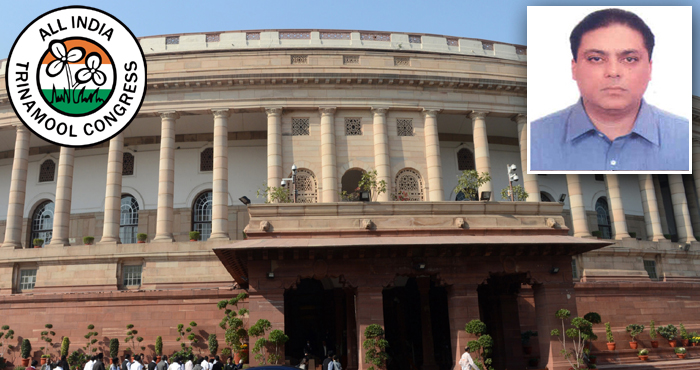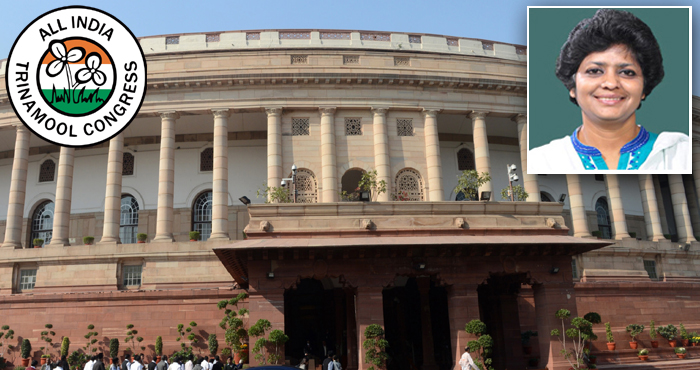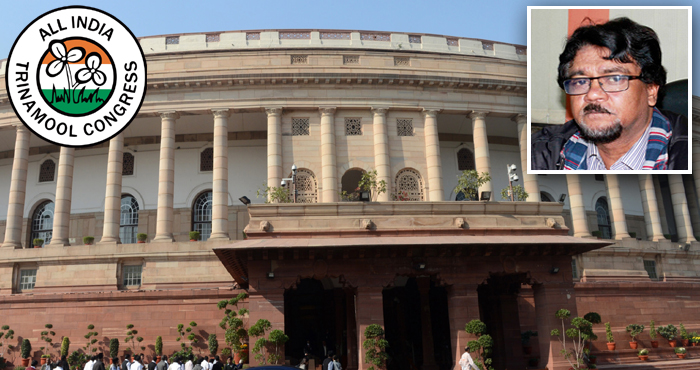FULL TRANSCRIPT OF DEREK O’BRIEN’s SPEECH
Sir, imagine a 24 year old girl. she has finished her college and she has gone for a job at a bank or telco. She has done really well in the interview and she is all very excited and she is all set to get the job. And then suddenly much against all expectations she gets the rejection letter. The reason she gets the rejection letter unfortunately because when they going through the details they find that her government scholarship scheme funded her education and her father was a manual scavenger. So what happened to the girl? She loses the job.
Sir, Aadhaar is not an issue on privacy alone. Aadhaar hurts the marginalised and Aadhaar will hurt the poorest of the poor. Don’t get me wrong. We are all for Aadhaar. But the implementation of Aadhaar has some serious issues.
As I said, privacy may be a middle class/upper middle class perception issue. It is ‘not’. It is an issue which hurts the marginalised and that’s the point I want to make through you to the Minister.
MANUAL LABOUR/MNREGA – The biometrics do not match. And all research which says why the biometrics do not match because those are stone-workers, cement laborers, limestone laborers. So the biometrics does not match. This is not about some privacy issue and I do not want my privacy to be invaded.
Midday Meals – one of my colleagues made the point earlier I do not want to repeat it. What are we doing? We are harassing people who are 0-5 years of age, 6-10 years of age. These are the beneficiaries of government scheme. We are doing mental torture, then the oppositions make a little bit of noise, the media makes the hoopla and then we said “No, this was only a weekend notification”.
Sir specifically I will give you an example and I have chosen this example not of a BJP ruled State, deliberately. I will give an example of Andhra Pradesh because I know they have an NDA meeting today; so may be they can discuss this point also.
Sir, about two years ago, In October, 2015 the Andhra Pradesh government commissioned a sample study after complaints that disbursal of grains had suddenly dropped after the introduction of Aadhaar. Of the 85,000 ration card holders surveyed, 50,000 (60%) could not procure grains due a reason linked to Aadhaar integration.
I. The PoS machines weren’t in order
II. The biometrics didn’t match
III. The Internet connection was poor
IV. Remote servers did not work
V. Other elements such as the local mobile network was poor.
Sir, that Andhra Pradesh is a very good example because a majority of beneficiaries reported fingerprint mismatches and fair-price shop owners’ inability to operate point-of-sale devices correctly as major hurdles. Aadhaar numbers did not match with ration card numbers in many cases.
Sir, I like what the BJP speaker said in his speech. He said, ‘bolte ek, karte doosra’. Yes, a lot of us do this and I want to draw his attention to April 8, 2014. In the same true spirit of ‘bolte ek, karte doosra’ I quote,
“On Aadhaar, neither the Aadhaar team nor the Prime Minister could answer my questions on security threat it can pose. Aadhaar is no vision, it is a political gimmick”.
‘Bolte ek, karte doosra’. That honourable gentleman has since become our Hon. Prime Minister. So don’t preach in speeches because then it will come full circle. I hope the BJP spokesperson will not put a privilege on me because of this quote. It is from a tweet.
Sir, let’s come to the other issue. I hope we’ve established here already that this is not some upper middle class issue. It is an issue of mental torture for the poorest of the poor. Sir, there are two broad more points I want to make. One is on the issue of privacy and the second is on the issue of federalism and how Aadhaar invades that.
Sir, you may tell me because of an algorithm, Facebook or Google can tell you everything about yourself – what you eat, what music you like, what you want to do, where you’re travelling, where you’re eating. But these are private parties that access that data. Users can change their email address but can’t change their biometrics. This makes them vulnerable.
Now, for example, if I have a prostate operation, God forbid, or my appendix is removed and I want to make that very very private; that’s now public knowledge. Or for example, a young boy wants to go and get married, suddenly everything is all set and then someone checks out his data and that is the end of his marriage. Sir, the privacy is very important issue and there is a bigger picture to privacy.
Who is UIDAI responsible to? Sir, It is not only the database which is the problem. Sir, It is the most vulnerable database of this kind. US passed a privacy law in 1974 to secure their social security numbers database (which is neither mandatory, nor biometric).
Aadhaar is the world’s largest honey pot waiting to be breached. Why use biometrics at all? For all the seedings, you require just a number, not a thumbprint. Social Security Number in USA does not collect biometrics. You search on the internet and you’ll find that government departments are exposing people’s aadhaar numbers. Is that the kind of security you’re providing to citizens data, when your own departments don’t realise the sensitivity of the data you’re dealing with. These data can be sold cheap, these data can be misused.
Sir, I want two specific questions to the Minister and I hope he will address these in his reply. What development need does linking database together meet? Why would you want the personal data? The health transaction for every individual. 21 databases are being linked with NATGRID, with Aadhaar as the unique identifier.
Have you considered, in a federal structure the States have also access to data. I can talk about my State, the State has secured systems, some states have very secure systems to protect these data.
Sir, a number is not a thumbprint and that is the big danger we are getting into here because if we make the number into a thumbprint, we are opening ourselves out into two things Sir – misuse of data and in the disguise of mandatory – I cannot use a better example than what Jairam used – putting a gun to my head. Use it to bang.
You are denying mid-day meals, wages under MGNREGA, ICDS. Federalism is being ignored; we are used to it in the last three years. We would like greater empowerment of States. For example, take my State. West Bengal is not fully covered under Aadhaar. But there have to be ways.
If I may summarise, this is not a middle class/upper middle class issue; it hurts the poorest of the poor, the deprived, the children, the workers and those kinds of people. Two, there are some serious privacy issues with the database; because, as a famous industrialist of India said, data is the new oil.
Today, as much as we debate Aadhaar, I still think that this is a deflection. Aadhaar is very good and we should debate it, but we’d also like to debate with this Government some more serious issues – investments, bank credits, jobs. Instead, where is this debate moving to?
Sir, I must thank you very generously today for allowing me to make this speech on the Motion which a few of us have moved here together, and speak here my mind without having an Aadhaar Card.
Thank you for a small privilege.










